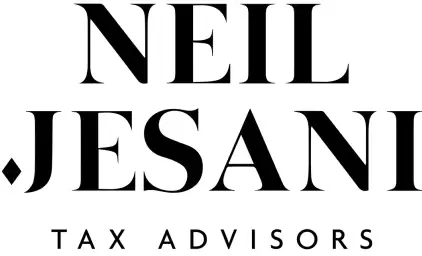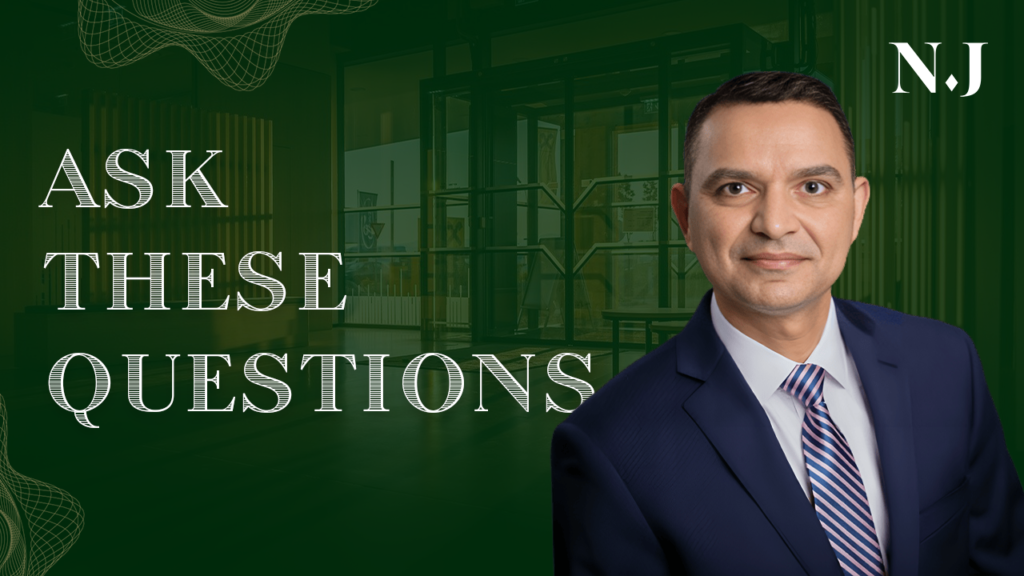When it comes to managing your finances, hiring a Certified Public Accountant (CPA) or tax professional is crucial. But how do you find the most cost-effective one? Many people focus solely on fees, but the real value lies in what they can save you in taxes. In this blog, we’ll dive into the intricacies of CPA pricing, how the industry operates, and what you should look for when evaluating their fees.
Understanding CPA Pricing and Value-Based Fees
Before we break down the pricing model of CPAs, let’s talk about The Art of Being Unreasonable by Eli Broad. Broad, a successful entrepreneur and philanthropist, emphasizes negotiating effectively by understanding the costs involved. In his book, he explains that if you want to negotiate well, you must first determine the cost structure of the other party. Once you have that knowledge, you can calculate a reasonable margin (typically 15-20%) to ensure both parties benefit.
This concept applies directly to finding a CPA. You need to evaluate whether you’re paying simply for tax return preparation or for strategic tax savings that can significantly reduce your tax burden.
The Two Types of CPA Pricing Models
There are two primary pricing models in the tax industry:
1. Fixed Fee (Cost-Based Pricing)
This is the traditional method where a CPA charges a flat rate for tax return preparation. If you earn a high income and have complex financials, a basic CPA may charge anywhere from $1,000 to $2,000. While this seems affordable, it doesn’t take into account potential tax savings.
2. Value-Based Pricing
A more effective way to evaluate CPA fees is by considering value-based pricing. This means paying a CPA based on the value they provide. For instance, an experienced tax strategist may charge $30,000, but if they save you $500,000 in taxes, the return on investment (ROI) is clear.
Why Do High-Income Earners Pay More for Tax Services?
Consider the example of a high-earning engineer making $3 million annually. Many engineers, doctors, and executives earn substantial salaries, often receiving compensation in the form of RSUs and stock options. Despite their high earnings, they still pay substantial taxes due to lack of tax planning.
Let’s compare two scenarios:
- Scenario 1: Low-Cost CPA ($2,000 fee)
- Pays $1,000,000 in taxes (combined federal and state)
- Total out-of-pocket cost: $1,002,000
- Scenario 2: High-Value CPA ($30,000 fee)
- Uses strategic tax planning to reduce taxes to $500,000
- Total out-of-pocket cost: $530,000
At first glance, the second CPA appears to charge 15 times more than the first. However, in reality, this strategic tax planning results in savings of $470,000. This is why high earners invest in tax strategists rather than just tax preparers.
The Cost of Expertise
A highly skilled CPA firm isn’t just one accountant; it’s a team of experts, including CPAs, Enrolled Agents (EAs), tax attorneys, and financial strategists. They offer advanced tax strategies that an average CPA simply doesn’t provide.
The average CPA’s salary ranges from $200,000 to $400,000, and a top tax attorney may earn $400,000 to $500,000 per year. If you want top-tier expertise, expect to pay accordingly. Quality tax planning requires significant resources, which is why firms offering proactive tax strategies charge premium rates.
Why Cheap Tax Services May Cost You More
Some individuals hesitate to invest in premium tax services due to fear of the unknown. Many W-2 employees have been conditioned to believe they must pay high taxes with no alternative strategies. However, large corporations routinely hire top-tier financial experts because they understand that smart tax planning saves millions.
Would a major corporation hire an average CPA who only charges $2,000 per year? No, they invest in the best minds in the industry because the right knowledge and strategy generate massive savings.
Proactive vs. Reactive Financial Planning
Tax planning is similar to healthcare. Many people rely on traditional health insurance and complain about long wait times and lack of personal attention. In contrast, those who invest in concierge healthcare services pay $20,000+ annually for personalized, proactive medical care.
The same principle applies to CPAs. If you expect your accountant to be available, proactive, and strategic, you must be willing to invest in their services.
How to Choose the Right CPA
When searching for a CPA, consider the following factors:
- Track Record – Look for CPAs who have successfully saved clients significant money through tax planning.
- Team Expertise – A strong team should include tax attorneys, strategists, and CPAs.
- Pricing Model – Avoid selecting based solely on cost. Instead, evaluate the potential tax savings they can achieve.
- Client Base – If they work with high-net-worth individuals and businesses, it’s a sign they understand complex financial structures.
Communication & Availability – Proactive accountants provide ongoing tax strategies, not just once-a-year filing.
Final Thoughts
While a $2,000 CPA might seem cost-effective, the reality is that hiring a high-level tax strategist could save you hundreds of thousands or even millions in taxes. The key is to focus on value, not just cost.
Investing in an expert CPA is like hiring a world-class engineer or doctor—you get what you pay for. If you want the best tax strategy, be willing to pay for top-tier expertise.
By shifting your mindset from cost to value, you can ensure you’re making the smartest financial decision for your future.


